viridari
TPF Noob!
- Joined
- Dec 4, 2008
- Messages
- 86
- Reaction score
- 0
- Location
- Raleigh
- Website
- viridari.wordpress.com
- Can others edit my Photos
- Photos NOT OK to edit
2) The only people using film these days are amateurs like me who want to experiment and learn (that's who the FM10 -- and a buttload of used film cameras on eBay -- is for), and seasoned pros who need all of the latest features like matrix metering, AF with AF-S lenses, several AF sensors, iTTL flash, etc., but still want to use film.
Actually, many professionals are still shooting with film and using cameras that do not have a butt load of electronic features. Medium format and large format are alive & well for pros.


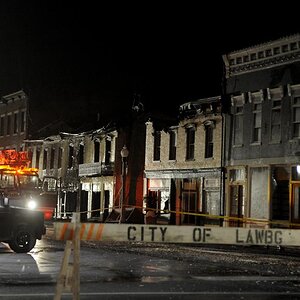
![[No title]](/data/xfmg/thumbnail/31/31092-7ba73f844ad8efedd3d5fd94799a866d.jpg?1619734609)
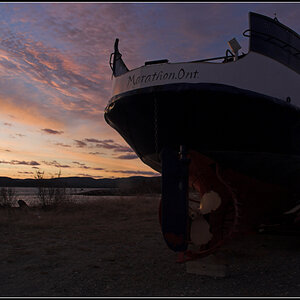
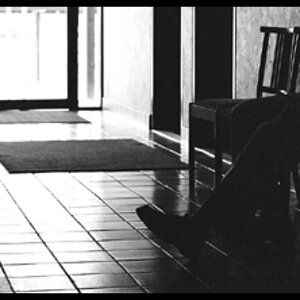
![[No title]](/data/xfmg/thumbnail/39/39478-0db485f4efaffd784bfa5cc75ff7502f.jpg?1619739046)
![[No title]](/data/xfmg/thumbnail/33/33360-ff0b69685c94740bde3f53b6d7aa9af1.jpg?1619735924)
![[No title]](/data/xfmg/thumbnail/31/31743-3b294ee78fc71e7bfc025b01eafb0c2d.jpg?1619734986)
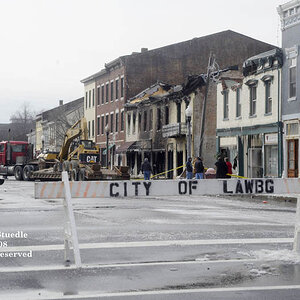
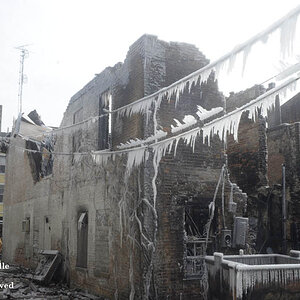
![[No title]](/data/xfmg/thumbnail/42/42267-2fff585000110a96fd9ac3ff09cceb95.jpg?1619740076)
![[No title]](/data/xfmg/thumbnail/42/42268-15c1c02cec1d71208987fc7c7ec7784c.jpg?1619740077)
![[No title]](/data/xfmg/thumbnail/31/31746-12607d714ca2713b95250821c881aea9.jpg?1619734987)